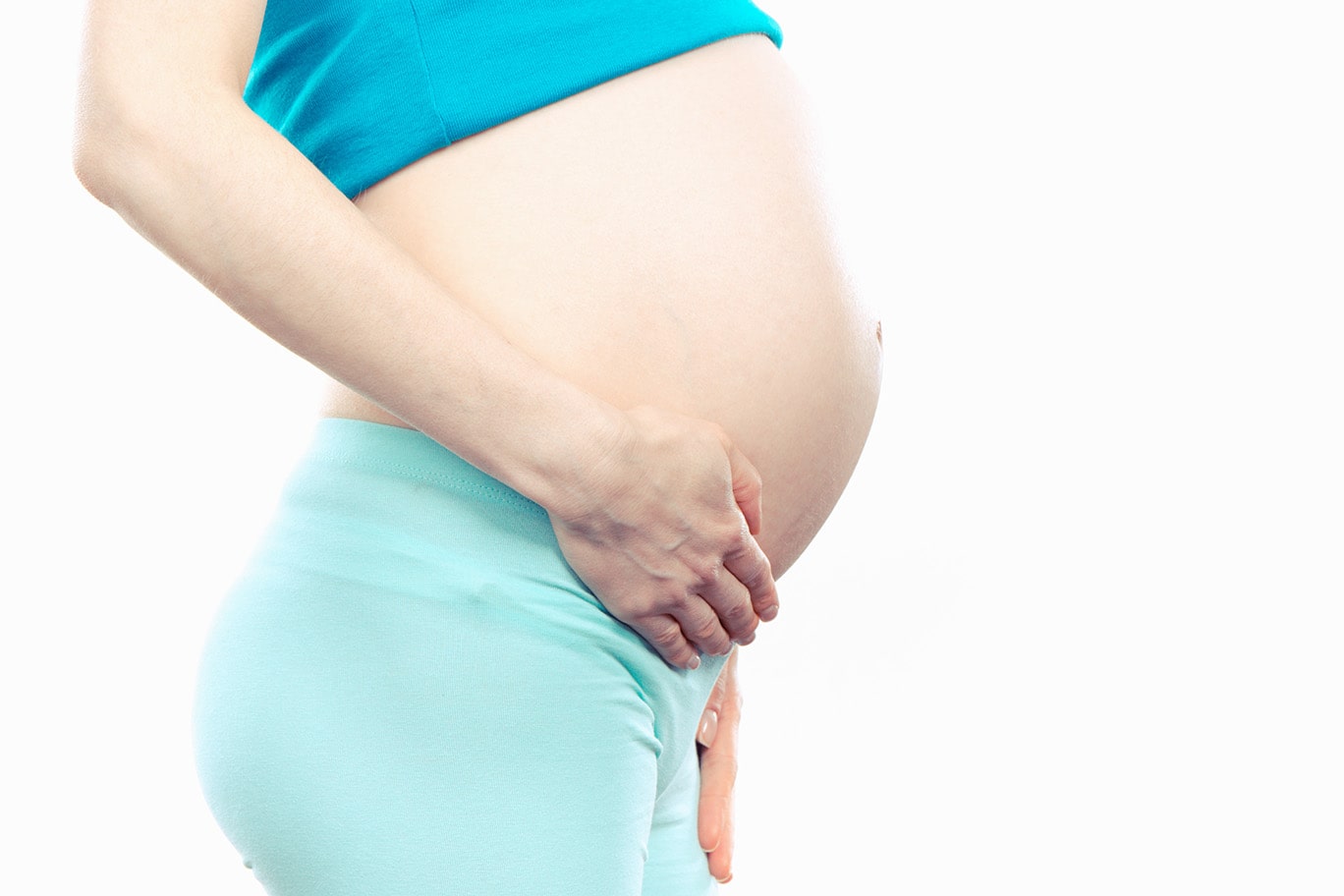
Is It Safe To Go To the Dentist During Pregnancy?
In between trips to the doctor, hospital tours and setting up the nursery, don’t let visiting the dentist fall off your pregnancy to-do list before your baby comes. Getting a checkup during pregnancy is safe and important for your dental health. Not only can you take care of cleanings and procedures like cavity fillings before your baby is born, but your dentist can help you with any pregnancy-related dental symptoms you might be experiencing.
The American Dental Association, the American Congress of Obstetricians and Gynecologists and the American Academy of Pediatrics all encourage women to get dental care while pregnant. “It is a crucial period of time in a woman’s life and maintaining oral health is directly related to good overall health,” says Aharon Hagai, D.M.D.
Here are some common concerns women have about going to the dentist during pregnancy.
When to Tell Your Dentist You Are Pregnant
Even if you only think you might be pregnant, let your dental office know. Tell them how far along you are when you make your appointment. Also let your dentist know about the medications you are taking or if you have received any special advice from your physician. If your pregnancy is high-risk or if you have certain medical conditions, your dentist and your physician may recommend that some treatments be postponed.
How Pregnancy Will Affect Your Mouth?
Although many women make it nine months with no dental discomfort, pregnancy can make some conditions worse – or create new ones. Regular checkups and good dental health habits can help keep you and your baby healthy.
Pregnancy Gingivitis
Your mouth can be affected by the hormonal changes you will experience during pregnancy. For example, some women develop a condition known as “pregnancy gingivitis,” an inflammation of the gums that can cause swelling and tenderness. Your gums also may bleed a little when you brush or floss. Left untreated, gingivitis can lead to more serious forms of gum disease. Your dentist may recommend more frequent cleanings to prevent this.
Increased Risk of Tooth Decay
Pregnant women may be more prone to cavities for a number of reasons. If you’re eating more carbohydrates than usual, this can cause decay. Morning sickness can increase the amount of acid your mouth is exposed to, which can eat away at the outer covering of your tooth (enamel).
Brushing twice a day and flossing once can also fall by the wayside during pregnancy for many reasons, including morning sickness, a more sensitive gag reflex, tender gums and exhaustion. It’s especially important to keep up your routine, as poor habits during pregnancy have been associated with premature delivery, intrauterine growth restriction, gestational diabetes and preeclampsia.
Pregnancy Tumors
In some women, overgrowths of tissue called “pregnancy tumors” appear on the gums, most often during the second trimester. It is not cancer but rather just swelling that happens most often between teeth. They may be related to excess plaque. They bleed easily and have a red, raw-looking raspberry-like appearance. They usually disappear after your baby is born, but if you are concerned, talk to your dentist about removing them.
Medications
Be sure your dentist knows what, if any, prescription medications and over-the-counter drugs you are taking. This information will help your dentist determine what type of prescription, if any, to write for you. Your dentist can consult with your physician to choose medications—such as pain relievers or antibiotics—you may safely take during the pregnancy. Both your dentist and physician are concerned about you and your baby, so ask them any questions you have about medications they recommend.
Local Anesthetics During Pregnancy
If you’re pregnant and need a filling, root canal or tooth pulled, one thing you don’t have to worry about is the safety of the numbing medications your dentist may use during the procedure. They are, in fact, safe for both you and your baby.
A study in the August 2015 issue of the Journal of the American DentalAssociation followed a group of pregnant women who had procedures that used anesthetics like lidocaine shots and a group that did not. The study showed these treatments were safe during pregnancy, as they cause no difference in the rate of miscarriages, birth defects, prematurity or weight of the baby. “Our study identified no evidence to show that dental treatment with anesthetics is harmful during pregnancy,” said study author Dr. Hagai. “We aimed to determine if there was a significant risk associated with dental treatment with anesthesia and pregnancy outcomes. We did not find any such risk.”
Dental X-Rays During Pregnancy
Yes, it’s safe to get an X-ray during pregnancy. Although radiation from dental X-rays is extremely low, your dentist or hygienist will cover you with a leaded apron that minimizes exposure to the abdomen. Your dental office will also cover your throat with a leaded collar to protect your thyroid from radiation.
Post by: mouthhealthy.org
GET AN APPOINTMENT AS SOON AS TOMORROW
Click the request an appointment button below to schedule your free consultation.
We respond to all inquiries immediately and we will answer any of your questions.

